- Accueil
- pollen
- Tiny Fossils, Big Insight; How We Can Use Fossil Pollen to Understand Earth's Climate History, Smithsonian Voices
Tiny Fossils, Big Insight; How We Can Use Fossil Pollen to Understand Earth's Climate History, Smithsonian Voices
4.9 (309) · € 15.00 · En Stock
As a palynologist, I study microscopic fossil spores and pollen that were produced by plants for reproduction. Pollen is highly important to the future of every plant and is made of an incredibly resilient substance (sporopollenin) ensuring that pollen can be preserved in rocks for hundreds of millions of years.

Stones and Bones: Studying the Fossil Record – Explorations: An
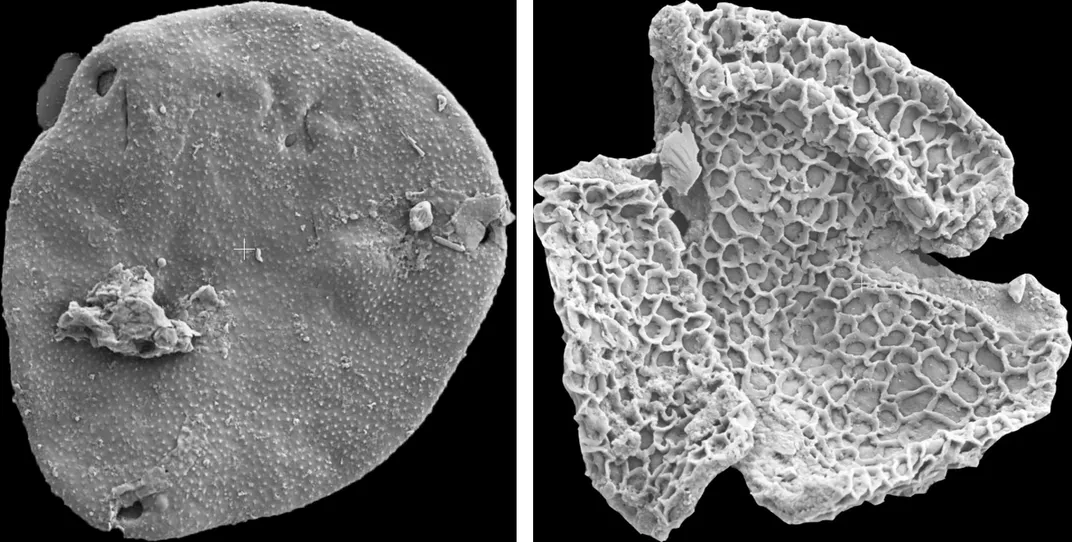
Tiny Fossils, Big Insight; How We Can Use Fossil Pollen to
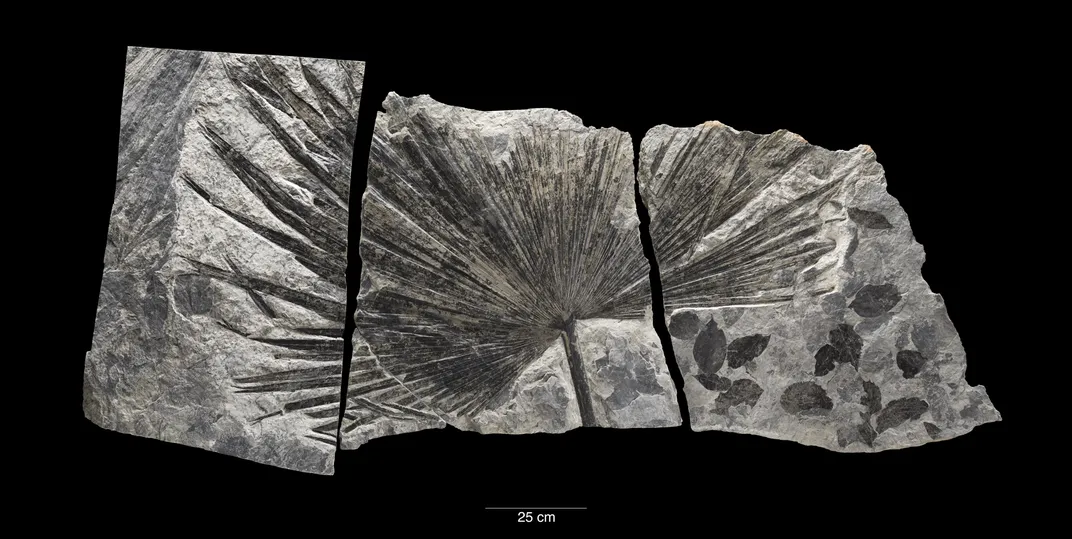
What Fossil Plants Reveal About Climate Change
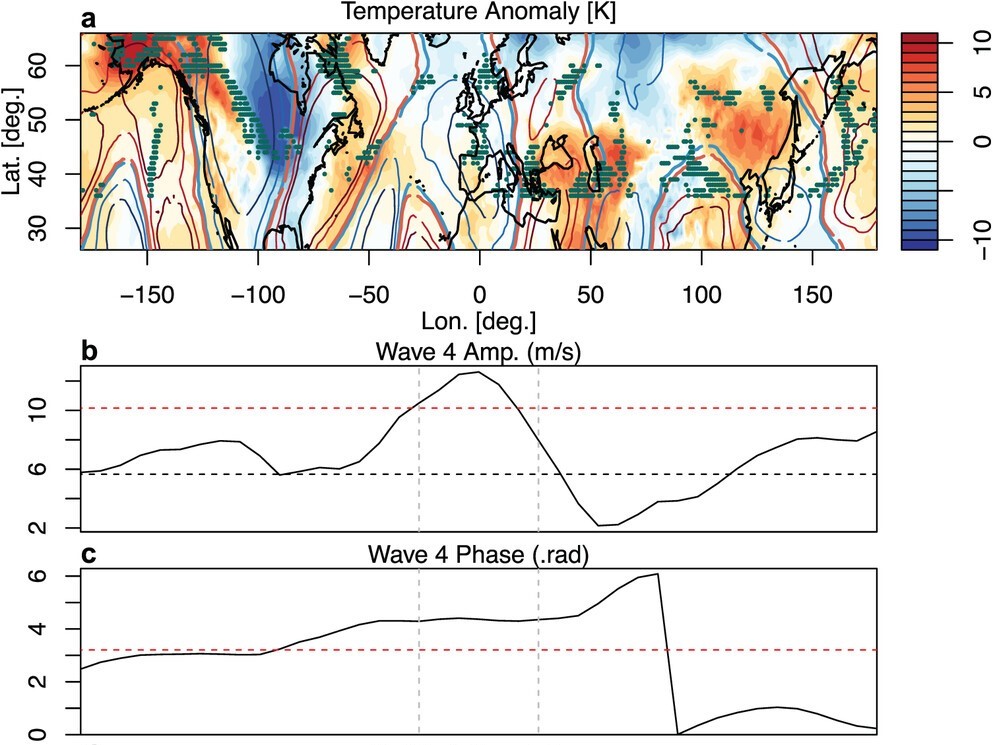
Ocean & Climate Physics Division Lamont-Doherty Earth Observatory

The discovery of an exceptional new fossil site offers a glimpse
/https://tf-cmsv2-smithsonianmag-media.s3.amazonaws.com/filer_public/6c/ba/6cbab381-ae82-4e00-a530-c4dc59695f66/iridescent_fossil_ammonite_laying_on_its_side_in_a_beige_fossil_bed_with_a_black_background.jpg)
What's Next for the 1.2 Million Prehistoric Fossils Now at

Plant Science Bulletin 69 (3) 2023 by Johanne Stogran - Issuu

PDF) Mesozoic non-rigid hexactinellid sponges – a rarity or
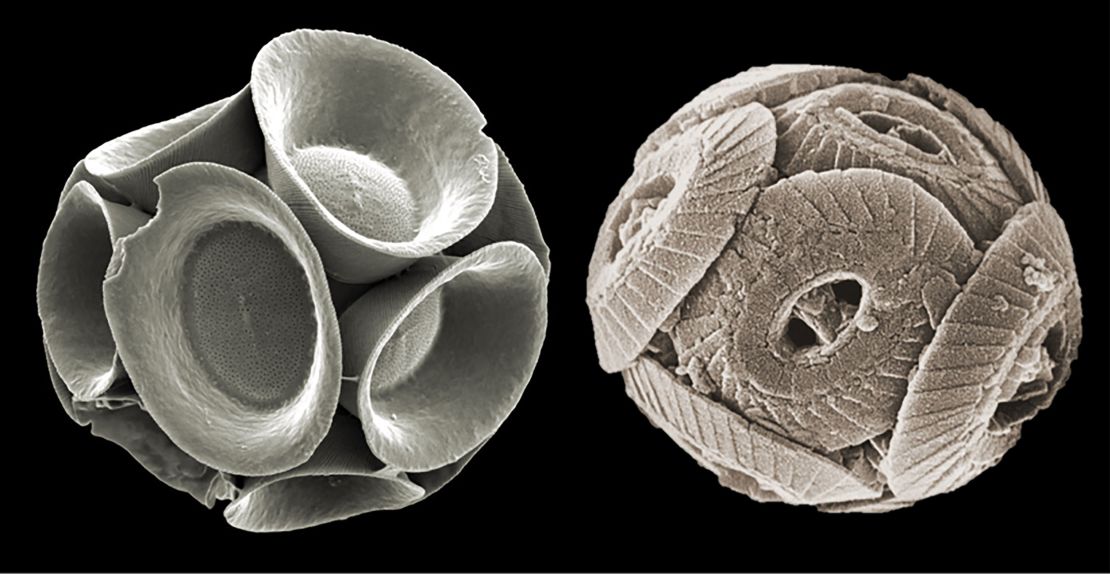
Ghost' fossils reveal tiny organisms that survived ancient ocean

Review: Biogeographic and environmental history of Fagus and beech

Stones and Bones: Studying the Fossil Record – Explorations: An

Review: Biogeographic and environmental history of Fagus and beech
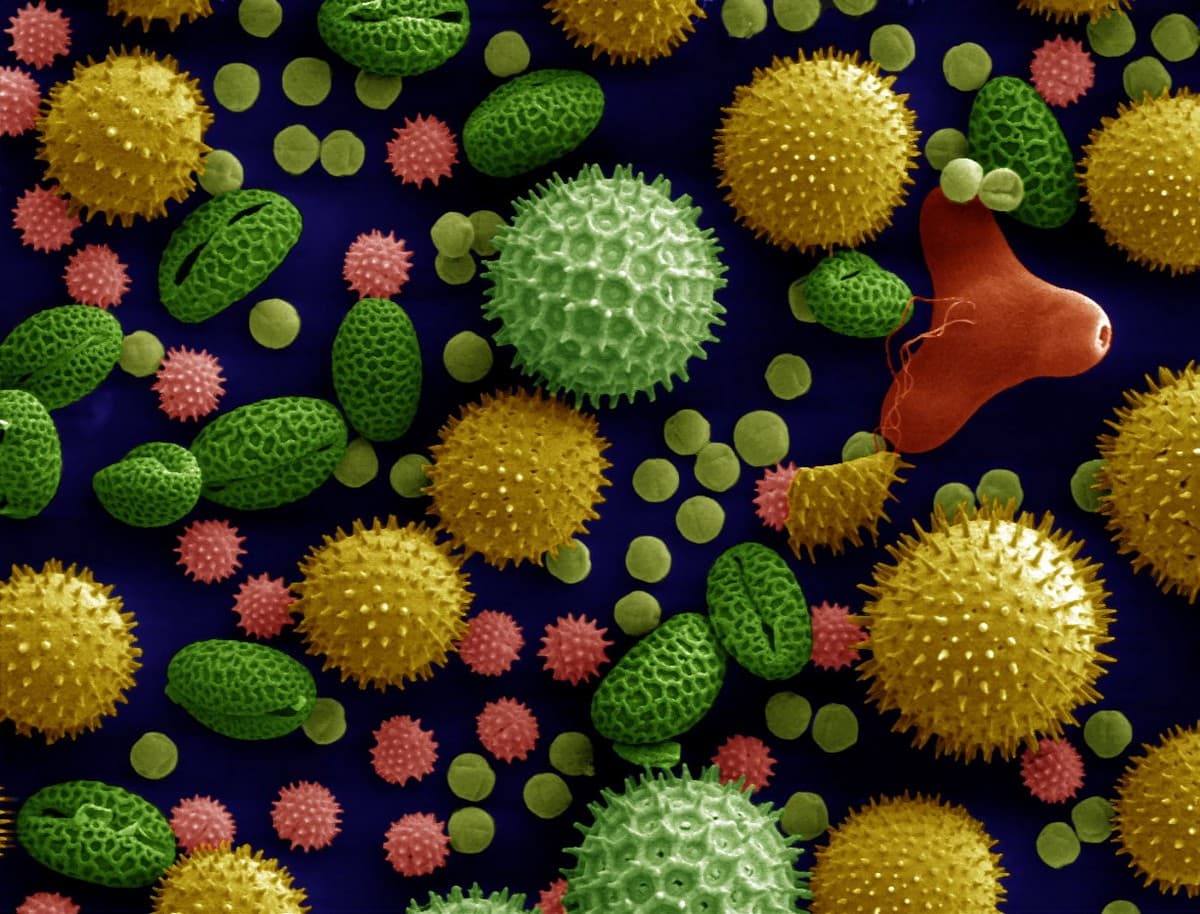
Fossil Pollen: Microscopic Windows into the Planet's Geological
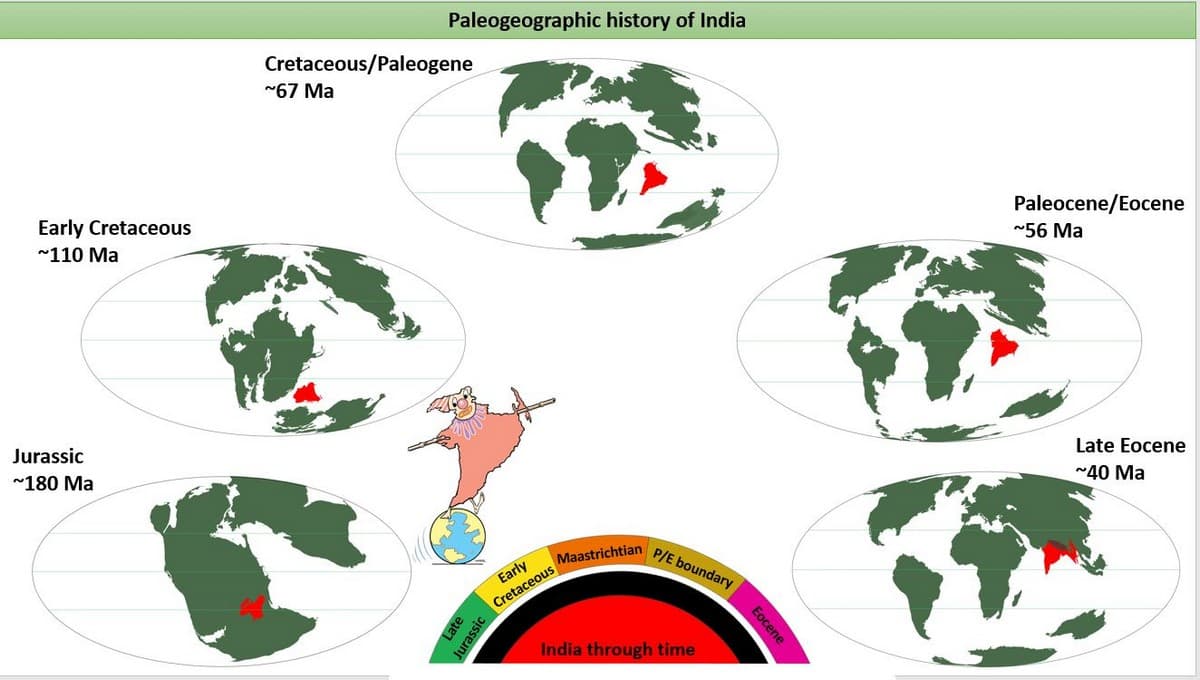
Fossil Pollen: Microscopic Windows into the Planet's Geological
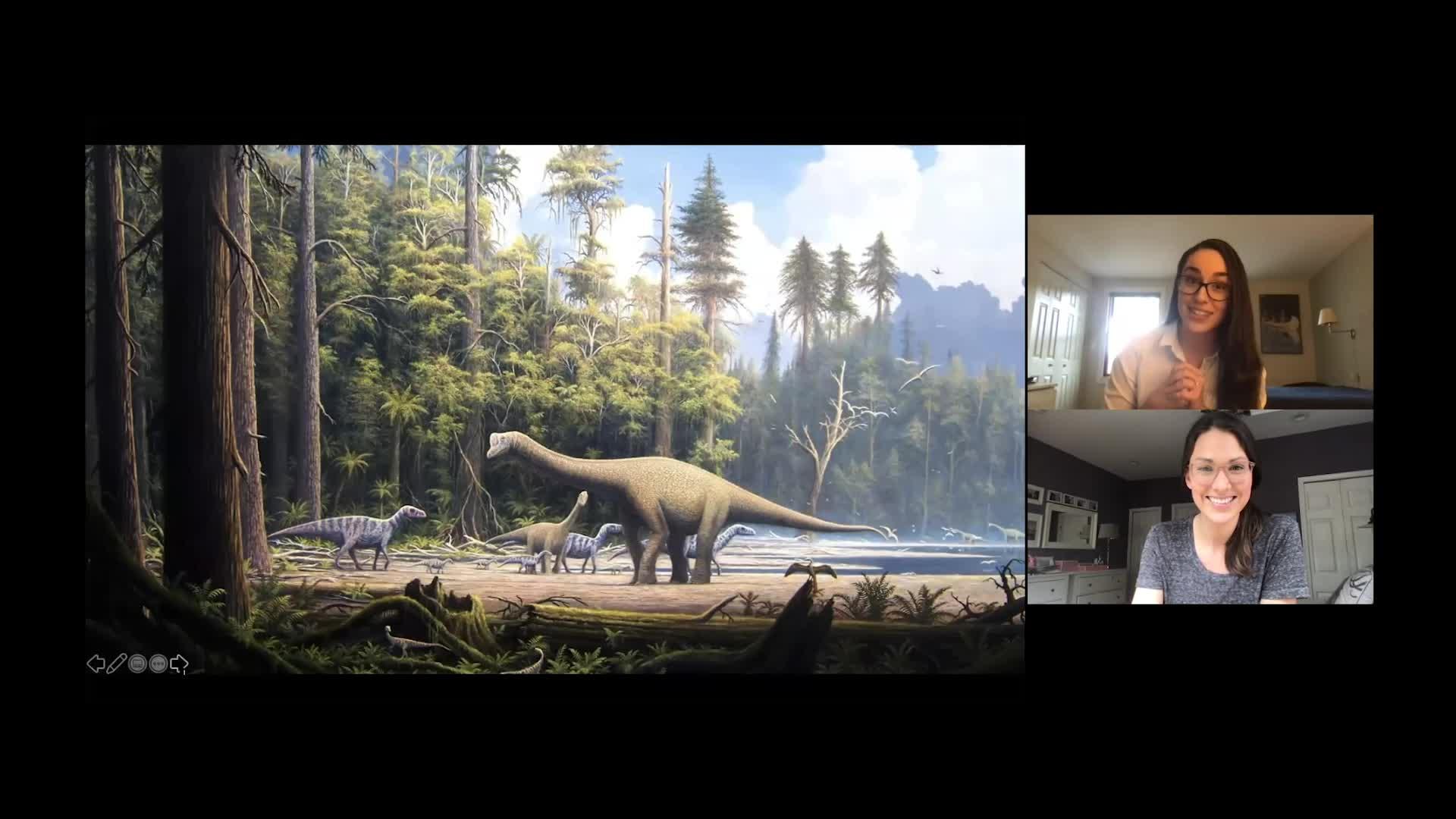
Webinar: Using Fossil Plants and Pollen to Understand Earth's





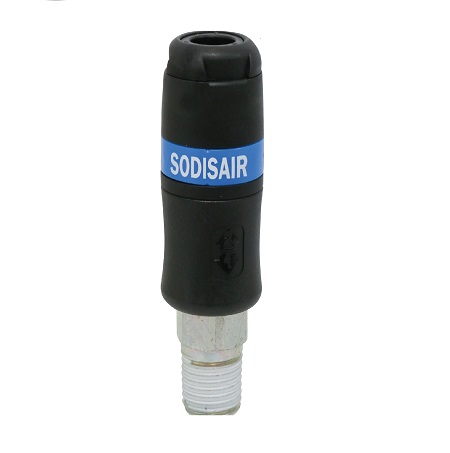
:focal(462x464:463x465)/https://tf-cmsv2-smithsonianmag-media.s3.amazonaws.com/blogging/featured/Pollen_2_SEM.jpg)





